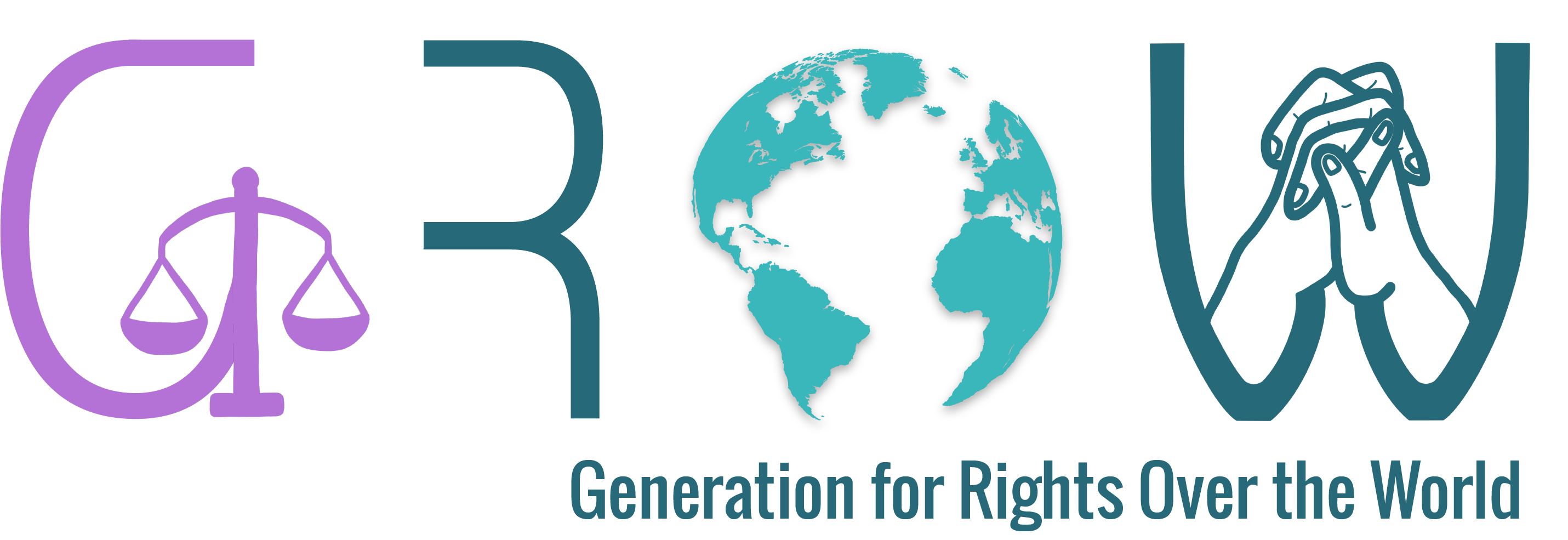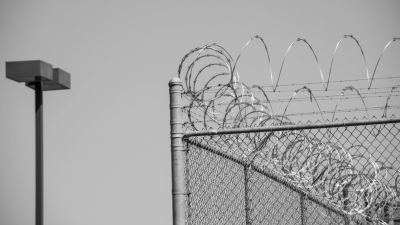Tell me, did the brine purge the acerbity?
Did the glaze sweeten it enough for your palate?
Insatiable and voracious, how could you stomach it
– trading blood for preservation. Its flesh for your own.
The scrutinizing light of late June peered through stained-glass windows, as the cold touch of oak clashed with the suffocating warmth of the air. Rows of legs orderly hung from the pew as my gaze trailed up the robe of the priest standing a couple feet away and, with every sentence, my body sank further into the embrace of shadows. “The root of evil thrives in the unwillingness to repent, so, my kids, confess, make amends”. The words echoed to the back of the chapel, and all I could do was cower at the realization that no level of repentance could make amends for who I was, that no matter how tightly my fingers clasped together, I was not worth saving.
For some, religion is community, for others it is refuge, and for others it is a means through which the feeling of belonging to a bigger entity is conveyed. Nonetheless, for countless queer individuals, religion can represent oppressive control, a system of isolation and a structure in which judgment and abuse are perpetrated. These mechanisms of emotional and ethical ostracism constitute the primary drivers in religious trauma and in the alleged conflict between religious values and queer identities.
Religious trauma is most commonly defined as a form of indirect trauma that shapes the worldview of victims in a negative connotation, as a result of a variety of experiences that occur in a religious community that exposes its members to indoctrination messages, coercion, humiliation, embarrassment, and abuse. Such a form of emotional manipulation is particularly insidious because it forces victims to question their entitlement to one of the most human of feelings, the search for a sense of community, of belonging. The intimate connection between an individual and the social group is inherently human because it stems from the primordial need for security, for the safety emerging from the physical (but often also emotional) embrace of equals.
Therefore, the forced identification of one’s queer identity as the reason for the breaking down of said ties represents a dangerous form of manipulation based around secrecy, shame and a presumed need for repentance. In such a context, countless LGBTQIA+ individuals worldwide find themselves exposed daily to these toxic beliefs that paralyse them into a mechanism of rejection of their identity, in fear of some form of divine damnation but, most often than not, in fear of abandonment. Although conversion therapy, understood mainly as any attempt to change a person’s sexual orientation, gender identity, or gender expression, constitutes the most well-known instrument through which religious trauma thrives, its influence is much more widespread than expected.
Growing up catholic, and specifically in an educational context in which religious values often took primacy, the need for repentance and a shame-oriented rhetoric concerning queer issues, became the instruments through which religion embodied its most discriminatory aspects. The all seeing-judgment of God and his disciples started trailing me and influencing every aspect of my being, in the attempt of moulding my malleable identity into something deemed acceptable. Retreating behind bathroom stalls and being swallowed by oversized clothing became means for survival in an environment that forced me to apologize for the bones I carried, and the slithering shadow of shame hurled labels at me before I even knew who I was.
As a queer individual, the looming threat of judgment, the mere awareness that “my sins will find me out”, chained me to outdated views of gender, sexuality and relationships, at the same time creating an apparently insurmountable barrier between my deepest desires and the community that once welcomed me. These days, as for many other LGBTQIA+ individuals, my religiosity turned into spirituality, the community that ostracized me feels foreign and distant, and the cloak of shame I hid behind through my youth is progressively fading, but is there any room for reconciliation between who I am and where I come from?
With the growing recognition of queer issues by the Church, and the seemingly-widening point of view of religious authorities concerning LGBTQIA+ identities, the question of whether or not there is room to rectify past wrongs appears extremely pressing. Nonetheless, what seems to be missing in the current debate is the effort to pursue accountability. How is the queer community expected to blindly embrace the principle of forgiveness that the same religious structures from which they ran from never seemed to embody? How are we supposed to turn the other cheek to the same communities that slammed their doors behind our backs?
I will leave you my phalanges,
still clutching the doorknob,
I will leave you grieving
the blessings you devoured.
Blessed be the offering by fire.
Blessed be the heart you pulled apart.







